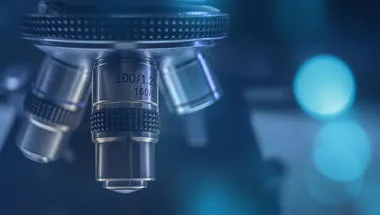Dr Ivan Palaia
Lecturer in Biological Physics
Research interests
- Physics
Biography
Dr Ivan Palaia is a Lecturer in Biological Physics in the Department of Physics at King’s College London.
He works on the physics of soft matter and is interested in how complex structures self-assemble out of equilibrium. He primarily uses computational techniques and coarse-grained models. His systems of interest include the cell membrane, the cytoskeleton, biomolecular condensates, but also active colloids and cement.
Dr Palaia studied Engineering Physics at the Polytechnic University of Turin (BSc, 2014) before studying Physics of Complex Systems in Turin, Trieste and Paris (MSc, 2016). He earned a PhD from Paris-Saclay University (2019), with a thesis on the statistical mechanics of charged systems, focusing on electrolytic solutions and electrostatic interactions beyond mean-field theory. Before joining King’s, he was a postdoctoral researcher at UCL and an IST-BRIDGE Marie Skłodowska-Curie fellow at the Institute of Science and Technology Austria, where he worked on a variety of topics in computational soft matter and biophysics, ranging from chiral active baths to cell division.
Research
- Self-assembly
- Cytoskeleton
- Cell division
- Membrane mechanics
- Active matter
- Charged soft matter
- Statistical physics and biophysics
- Computational modelling
Dr Palaia is interested in how small building blocks within the cell assemble into complex machineries, able to perform work. His goal is to understand how gradients in concentrations and rates influence cellular processes. He is an expert in nonequilibrium, coarse-grained simulation methods, ideally suited to uncover how energy consumption drives self-assembly at the microscale.
Visit Dr Palaia's personal website for the latest publications and research updates.
Research

Biological Physics & Soft Matter
The Biological Physics and Soft Matter group aims to use bespoke technology and analytical methods borrowed from the Physical Sciences to address important fundamental questions in Biology.
Research

Biological Physics & Soft Matter
The Biological Physics and Soft Matter group aims to use bespoke technology and analytical methods borrowed from the Physical Sciences to address important fundamental questions in Biology.
